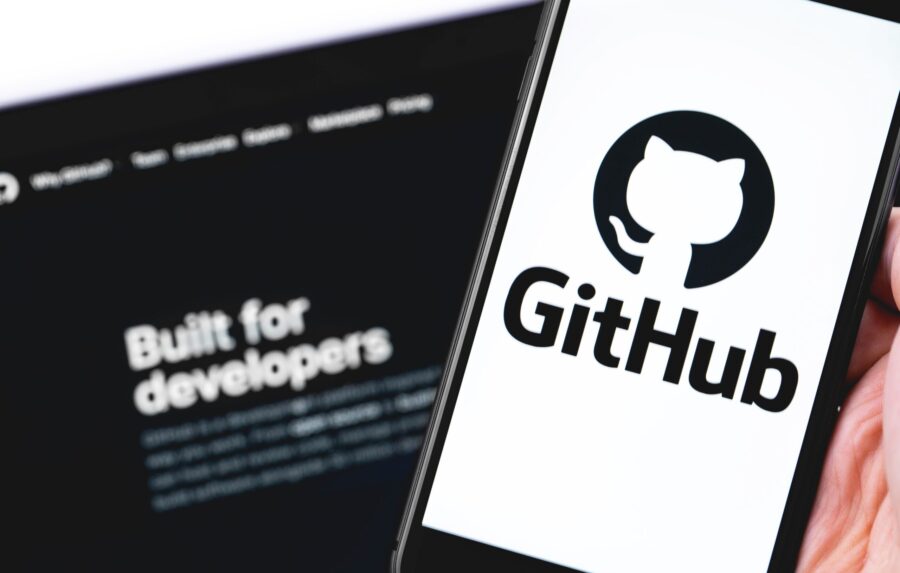
Will coding be a collaborative experience using github copilot? – part one
Gitub recently released a survey about developer experience which claimed that “AI is here and it’s being used at scale. 92% of U.S.-based developers are already using AI coding tools both in and outside of work.”
This metric (92%) has garnered some attention – because of both the fear and the opportunity. The fear, because AI coding tools could potentially replace developer jobs – and the opportunity, because AI coding tools like Github co-pilot could make developers more productive.
A summary of the other findings include
- Waiting on builds and tests is still a problem. Despite industry-wide investments in DevOps, developers still say the most time-consuming thing they’re doing at work besides writing code is waiting on builds and tests.
- Developers want more collaboration. Developers in enterprise settings work with an average of 21 other engineers on projects—and want collaboration to be a top metric in performance reviews.
- And they think AI will help. More than 4 out of 5 developers expect AI coding tools will make their team more collaborative.
- Developers also see big benefits to AI. 70% say AI coding tools will offer them an advantage at work and cite better code quality, completion time, and resolving incidents as some of the top anticipated benefits.
The report also claims, that coding could become a collaborative experience. In this blog, I want to focus on the collaboration aspect.
A formula called developer experience (DevEx) is proposed
DevEx is a formula that takes into account:
- How simple and fast it is for a developer to implement a change on a codebase—or be productive.
- How frictionless it is to move from idea through production to impact.
- How positively or negatively the work environment, workflows, and tools affect developer satisfaction.
But crucially, collaboration ( C ) is seen as a multiplier across the whole developer experience.
The theme of collaboration flows through the report. For example, the report claims that one of the metrics developers should be evaluated upon is the quality of collaboration. Developers believe their ability to collaborate with others and the quality of their code–more than the quantity and efficiency of their output—should be the top performance metrics they’re measured by.
C = Collaboration, the multiplier across the entire developer experience.
The need for collaboration extends to feedback from end users. Product managers and marketing teams often act as intermediaries, making it difficult for developers to directly receive end-user feedback.
The report goes on to say:
- Collaboration is the cornerstone of the developer experience
- Developers thrive in collaborative environments
- But developers also have a holistic view of collaboration—it’s defined not only by talking and meeting with others, but also by uninterrupted work time, access to fully configured developer environments, and formal mentor-mentee relationships.
- Developers view regular touchpoints with colleagues across asynchronous channels, documentation, and well-run team meetings as critical to successful collaboration.
Recently, Github CEO Thomas Dohmke said that “Sooner than later, 80% of the code is going to be written by Copilot. And that doesn’t mean the developer is going to be replaced.”
So, the stakes are high and we will see more of these developments
In the second part of this blog, we will explore the impact and significance of collaboration due to Github co-pilot on the wider developer ecosystem.
